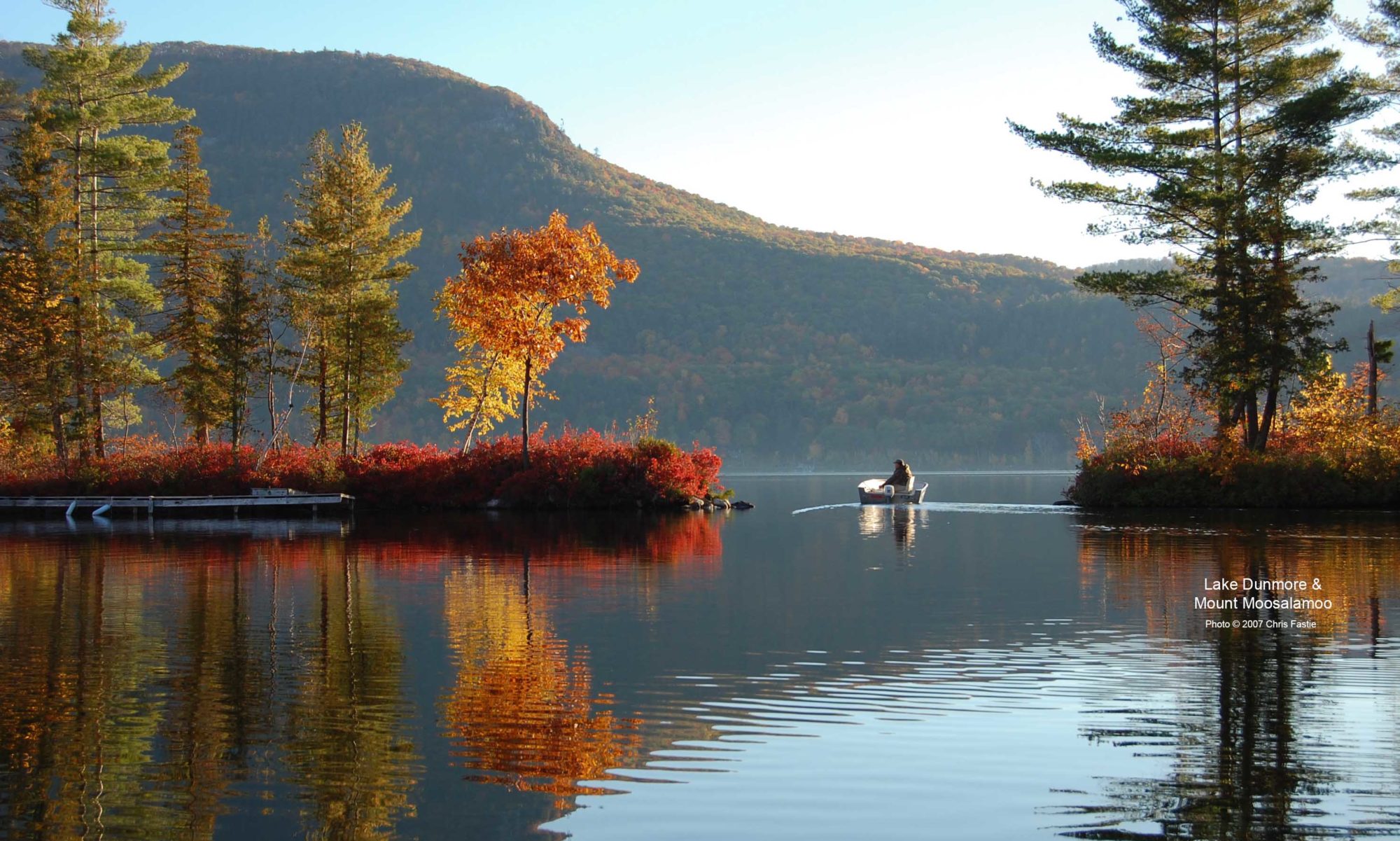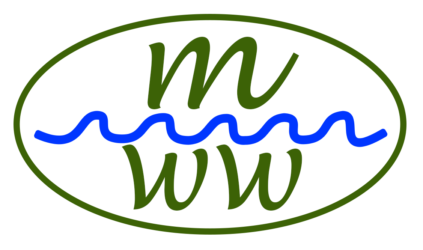It was good to see my post on bats published as a letter to the editor in the Addison Independent yesterday. It’s important for local residents to be aware that routine practices of the Brandon Leicester Salisbury Goshen Insect Control District (BLSG) could have serious environmental impacts which the residents are ultimately responsible for. I was also pleased that the owner/publisher/editor of the Independent, Angelo Lynn, recognized the importance of the topic and wrote a related editorial for the same issue (Insect Control District’s mistake, or a nuisance suit by a relentless opponent?). My pride swelled with every mention of my name until after a dozen of them when I recognized that the editorial was not about bats or BLSG but about me.
It was a bit puzzling to see someone who I have never met express such strong opinions about me until I realized that the opinions were not those of Lynn but of Ben Lawton, the BLSG Chair. I have never met Lawton either, but he reads what I write about mosquito control and is entitled to his opinion. Strangely, Lawton has never responded to my posts himself but is now enlisting others to do it for him.
Lawton-Lynn make a couple of points about my letter including that I did “not cite any studies that have connected the decline of the bat population to the district’s spraying.” That is true because of course there are no such studies. If there were any studies showing that BLSG’s spraying killed or harmed even a single federally endangered or threatened species of bat, BLSG would be desperately Googling “How to use larvicides better.”
They also say that the idea of BLSG having to pay a big fine for harming an endangered species is “an outcome that is not credible.” I hope it is extremely unlikely, but it seems quite credible that the US Fish & Wildlife Service, which enforces the Endangered Species Act, might be somewhat interested if the endangered Indiana bats studied by the Vermont Fish & Wildlife scientists in the District tested positive for malathion. That is the whole point of my letter.
Lawton-Lynn falsely refer to me as “a vocal opponent of the district’s adulticide program” and say “he is using the issue to try to shut down a practice he personally opposes.” In fact I am not an opponent of using adulticides and have never said or written that I am or that roadside spraying should be shut down. Lawton-Lynn are making things up (which is a bad look for a newspaper publisher). Permethrin and malathion can be purchased at any hardware store and I am not entitled to prevent anyone from having them sprayed all over their own property. I am certainly opposed to the way BLSG does some things, and these things are well described at http://mwwvt.org/. Many have found a quick read there to be somewhat enlightening.
It’s good to be warned by Lawton-Lynn that the BLSG board is considering punishing Salisbury if it votes to withhold money from BLSG’s lawyers. The Salisbury Select Board wrote a ballot article to explicitly tie $20,000 in its general budget to BLSG’s operating expenses and to tie the separate $5,500 in Article 11 to legal expenses. The BLSG board should remember that BLSG works for the towns in the District, not the other way around. Threatening to defy the wishes of a town they serve, while typical of BLSG’s tactics, might just embolden another “Relentless Opponent” or two. Which sounds like an excellent fundraising T-shirt. Who wants one?
- Here are some of the letters to the editor written in response to the Lawton-Lynn editorial:
- Mark Lapin, Ecologist at Middlebury College
- Jim Andrews, Salisbury Conservation Commission
- Barb Karle, Salisbury Conservation Commission
- Rebecca Holmes, former BLSG Board Member
- Kip Andres, former BLSG Board Member
- And here is Angelo Lynn’s follow-up editorial in which he encourages reconciliation but remains mired in Lawton’s misinformation about my motives, how BLSG operates, and how BLSG’s operation impacts mosquitoes and public health. Here are my comments on the errors and misconceptions in this editorial.

